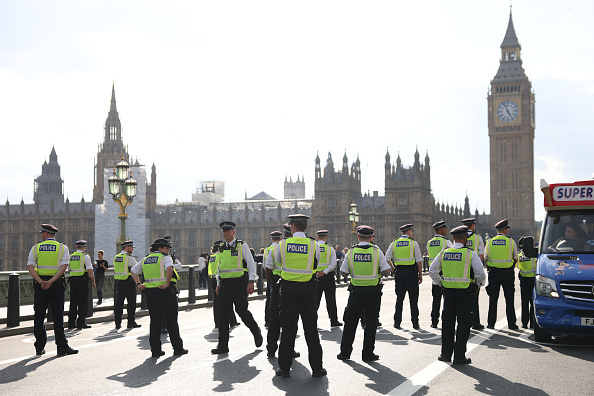Police forces must undergo a serious change to attract the best and brightest out there

On his first day in office, Boris Johnson stood on the steps of Downing Street and committed to recruiting an additional 20,000 police officers by 2023. The commitment was central to the Conservative Party’s manifesto at the 2019 election.
What the government is attempting to achieve is no mean feat. As well as recruiting the additional 20,000 police officers, they must also replace those who leave. That’s an additional 6,500 – or 5 per cent – of the workforce every year. Across the three and a half years of the programme that means recruiting and training 42,500 new police officers.
Since recruitment officially started in November 2019, everyone’s been bullish about the progress made. Every three months we are treated to the latest tranche of the Home Office’s Uplift Data. The latest update in March 2022 shows that, with a year to go, they are ahead of schedule with an additional 13,576 police officers of the 20,000 target now in post. In March 2022 the National Audit Office pronounced that the government was, “on course to achieve its target of recruiting 20,000 additional police officers”.
However, there are warning signs that the new government may not achieve this ambition in time. In March this year for example, London’s Metropolitan Police acknowledged that they were getting less than half of the applications they needed and at that point they didn’t yet know why. An unprecedented row broke out with police chiefs from the home counties writing to the Acting Commissioner to complain about the Met’s offer of a £5,000 signing bonus to attract officers to the capital.
Serving officers have suggested that efforts to tackle racism and sexism within the police may be hindered by a failure to attract enough high-quality recruits.
There are three likely drivers to the recruiting challenges, and it will be almost impossible to address them in time for the March 2023 deadline. Firstly, after two and a half years of relentless recruiting the low hanging fruit has already applied and joined up. Secondly, a buoyant labour market means policing is facing more competition for talent. After a lull during the pandemic the number of police officers leaving to take advantage of other job opportunities has increased. Finally, much of the reporting about policing over the last two years has been incredibly negative.
It is essential, if they haven’t already, that Home Office officials are clear with ministers on the risks of the 20,000 target being missed. Reassurance should also come from the London mayor. Given the Met alone needs to recruit 4,000 officers this year, he must make sure they’re delivered onto London’s streets without compromising the efforts of forces outside London.
The one thing the new government and police forces must avoid at all cost is lowering the quality bar to meet the 20,000 target.
Police officer careers usually last decades – the wrong person recruited now is likely to mean that person dealing with the public for the next thirty years. It’s not just the examples of police officers behaving in unacceptable ways and in a small number of cases committing terrible crimes. Unlike most professions, in policing the most difficult decisions are often made by the most junior people.
In the dead of night, potentially alone or with just one colleague to consult, and in a potentially violent or highly emotive situation we ask police constables – sometimes with only a few months operational experience – to use their discretion and make decisions that might have a lifelong impact.
The clock may be ticking, but it will be better for everyone if the government that will come takes slightly longer to meet its 20,000 target than to allow even one wrong person through the door.
